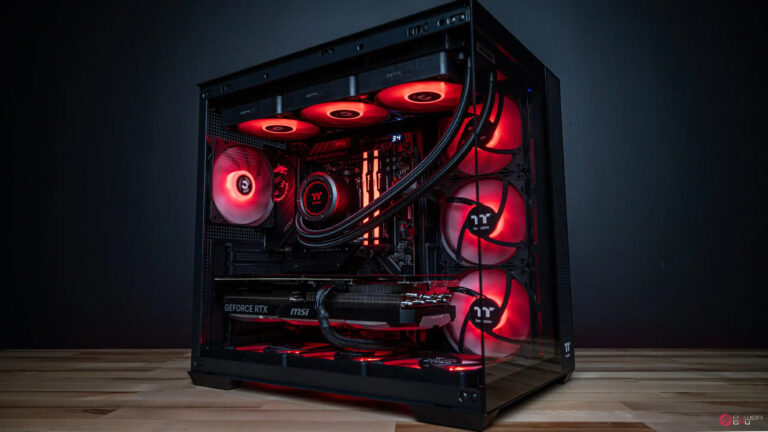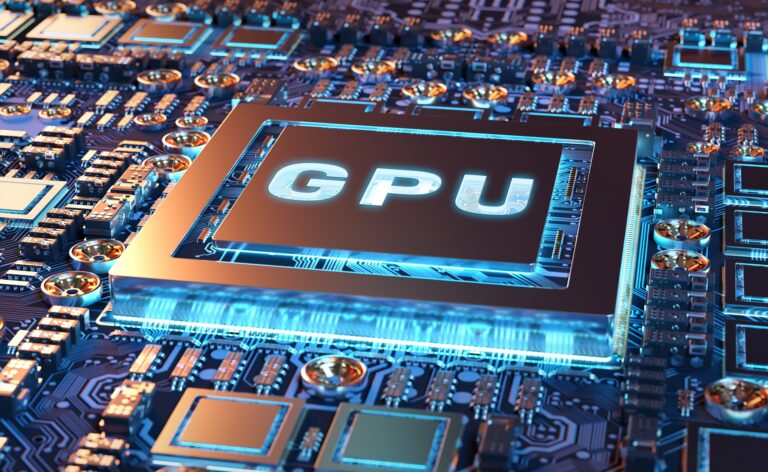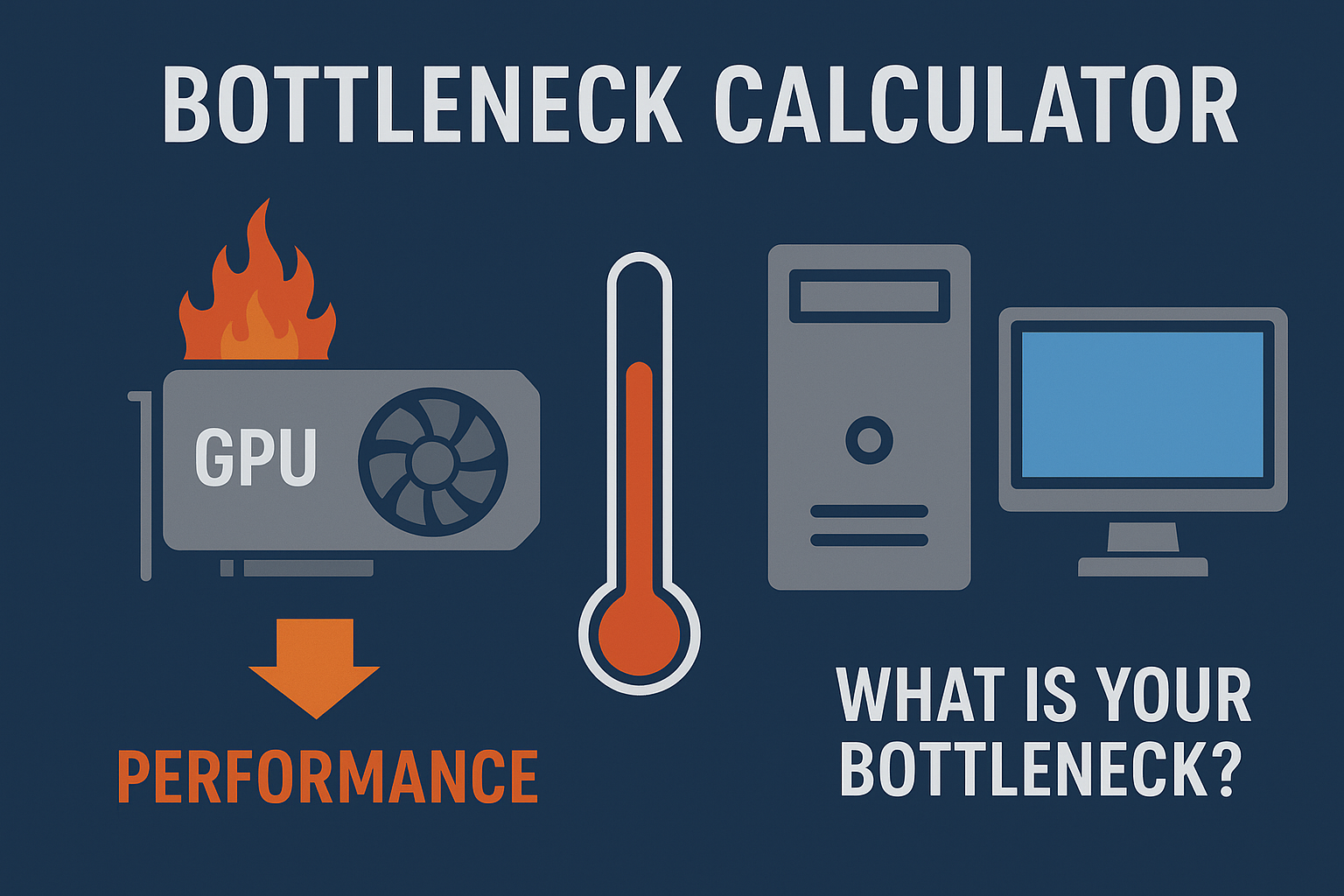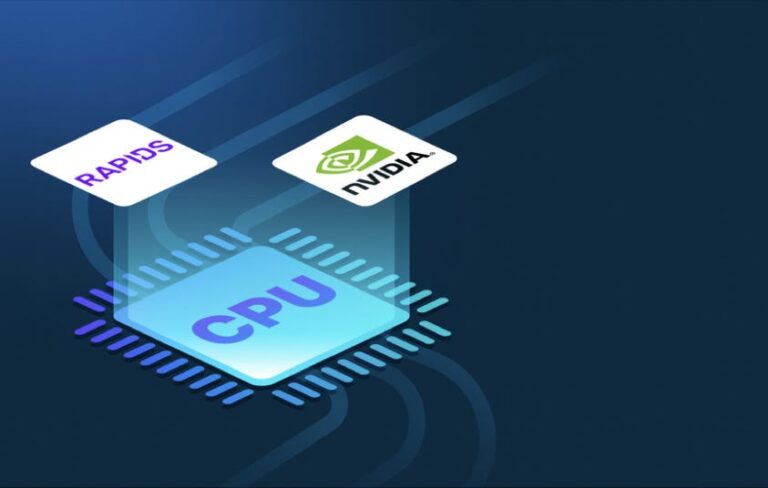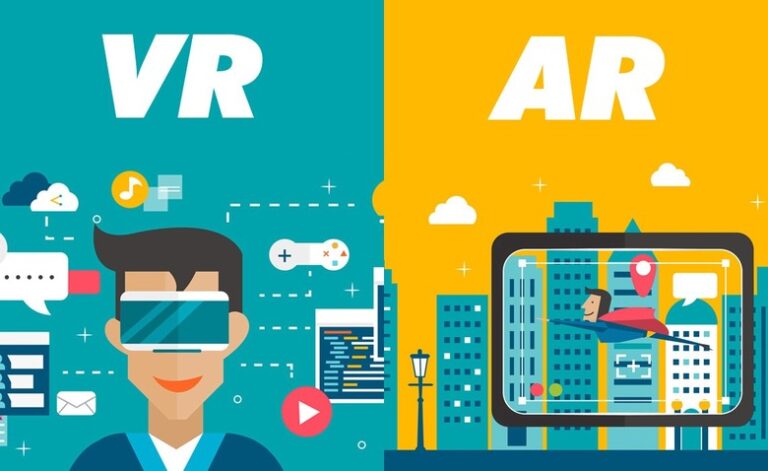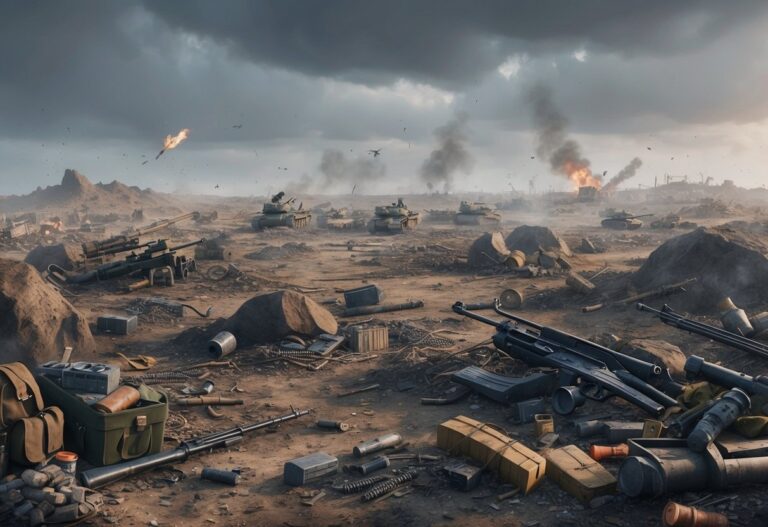When most gamers think of bottleneck Calculator they immediately focus on CPU and GPU performance. But as modern games grow larger and more demanding one major issue is often overlooked storage bottlenecks. If your game takes forever to load or stutters during gameplay—your hard drive might be the real problem.
Let’s break down how storage speed affects gaming performance how it ties into PC optimization and what you can do to fix it.
What Is a Storage Bottleneck?
A storage bottleneck occurs when your drive especially older HDDs can’t read or write data fast enough to keep up with the game’s demands. This creates delays in texture loading map streaming and overall responsiveness.
With open world titles like Cyberpunk 2077 Elden Ring or Call of Duty Warzone games need to pull gigabytes of data from storage in real time. If your drive is too slow you’ll face
- Texture pop ins
- Long loading screens
- Game freezes while new areas load
- Stuttering during cutscenes or fast travel
HDD vs. SSD vs. NVMe: Speed Matters
| Storage Type | Average Read Speed | Ideal For |
|---|---|---|
| HDD (Hard Disk) | 80–160 MB/s | Basic use, old games, storage only |
| SATA SSD | 500–550 MB/s | Faster loading, smoother gameplay |
| NVMe SSD (Gen 3) | 2,000–3,500 MB/s | Modern games, fast boot, fast loading |
| NVMe SSD (Gen 4) | 5,000–7,000+ MB/s | Top-tier performance, future-proofing |
Switching from HDD to SSD is one of the easiest PC optimization upgrades you can make—especially for gaming.
How Storage Bottlenecks Hurt Gaming Performance
Although storage doesn’t directly affect FPS it plays a massive role in the overall gaming experience. When assets can’t be accessed fast enough the game pauses lags or loads slowly. Even if your CPU and GPU combo is perfect (as confirmed by a bottleneck calculator) a slow drive can kill immersion and performance.
Symptoms of a Storage Bottleneck
Long boot times (system and games)
- Stuttering during gameplay or loading screens
- Delayed audio or visual cues
- Unstable performance even with strong hardware
- Games taking 2–3x longer to install or update
The Role of Storage in PC Optimization
In the era of massive game files (100GB+) storage optimization is no longer optional. Here’s how to reduce the risk of a bottleneck
- Use an NVMe SSD for your OS and games
- Keep at least 20% of storage free to prevent slowdown
- Defragment HDDs (if still in use) regularly
- Monitor drive health with tools like CrystalDiskInfo
- Avoid mixing slow and fast drives for game files
Does the Bottleneck Calculator Cover Storage?
Most bottleneck calculators focus on CPU GPU bottleneck analysis but they don’t measure storage impact. However that doesn t make it less important. When building a new system match your CPU and GPU with fast storage to avoid unbalanced performance. Even the most powerful graphics card can’t compensate for an outdated hard drive.
When to Upgrade
You should upgrade your storage if
- Your HDD is over 3–5 years old
- You play modern games and experience frequent loading delays
- You do a lot of streaming recording or game development
- You want better PC performance across the board
Final Thoughts
In modern gaming storage bottlenecks are the hidden enemy. They may not tank your frame rates but they absolutely affect load times responsiveness and smoothness. Fast reliable storage is a critical part of PC optimization especially as games grow larger and more complex.
Don’t let your blazing-fast CPU and GPU be held back by outdated drives. A balanced setup—confirmed with a bottleneck calculator and paired with an NVMe SSD—will give you the gaming performance you’re truly paying for.


